Washington University School of Medicine has joined forces with over 25 million Americans living with a rare disease and health care advocates around the world to celebrate Rare Disease Day®. Hosted on February 28, Rare Disease Day is an annual awareness day dedicated to elevating public understanding of rare diseases and calling attention to the special challenges people face.
According to the National Institutes of Health (NIH), a disease is rare if it affects less than 200,000 people in the United States. Over 25 million Americans live with a rare disease—and nearly half of these patients are children. For the over 7,000 known rare diseases, 90% are still without FDA-approved treatments.
Rare Disease Day is marked globally every year on the last day of February—the rarest date on the calendar—to underscore the nature of rare diseases and the challenges patients face. Rare Disease Day is sponsored in the United States by the National Organization for Rare Disorders (NORD®), the leading independent, nonprofit organization committed to the identification, treatment, and cure of rare diseases.
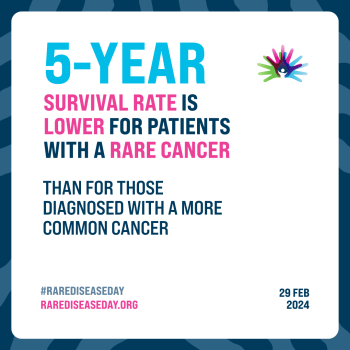
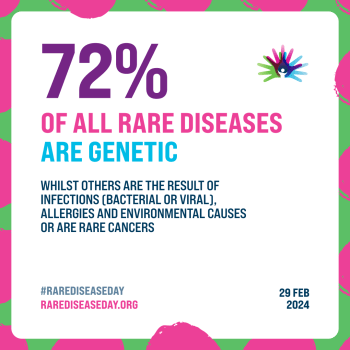
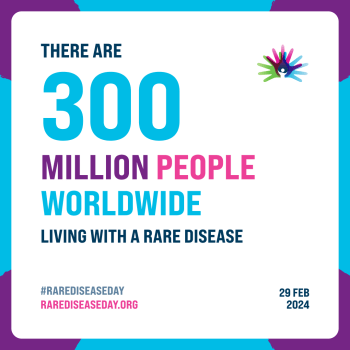
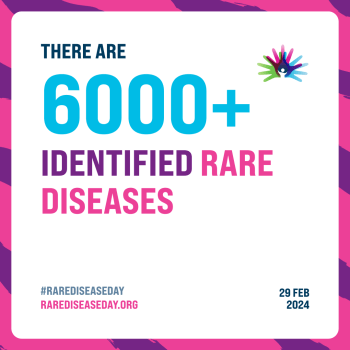
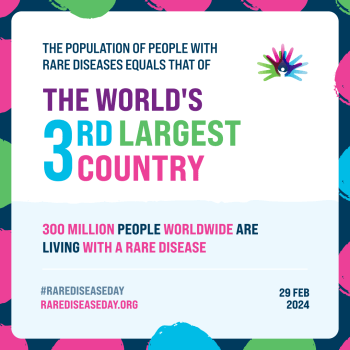
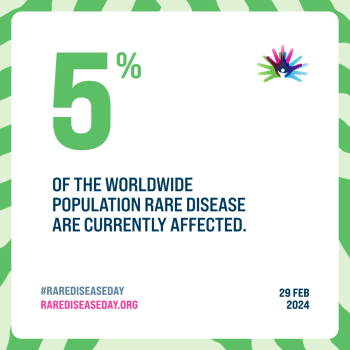
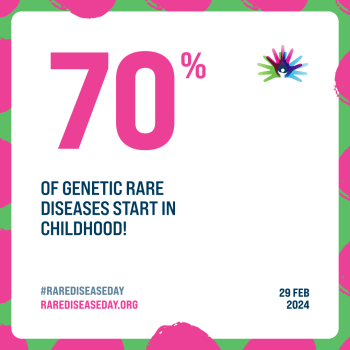
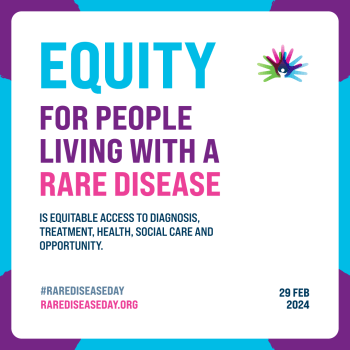
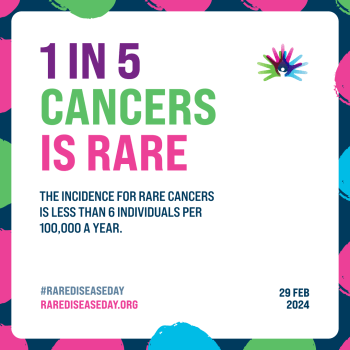
Questions?
Let us know if you have any questions. We will be happy to help.
Organizing committee
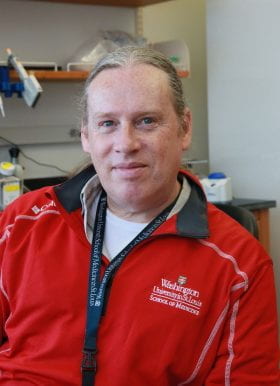
Jonathan D. Cooper, PhD
Professor of Pediatrics
Professor of Genetics
Professor of Neurology
Research profile: profiles.wustl.edu/en/persons/jonathan-cooper
Lab: psdl.wustl.edu
Jonathan Cooper, PhD, (Professor of Pediatrics, Genetics and Neurology) is neuroscientist and neuropathologist who has been studying the pathogenesis of the neuronal ceroid lipofuscinoses (NCLs or Batten disease) and other lysosomal storage disorders for more than 20 years. His lab works to understand these diseases, and use this information to help design more effective therapies. He organized NCL 2021, the highly successful International Congress on NCL Research and is active in the rare disease community. He works closely with Batten disease foundations to organize family accessible science sessions, most notably at the Batten Disease Support, Research and Advocacy (BDSRA) Foundation annual family conferences.
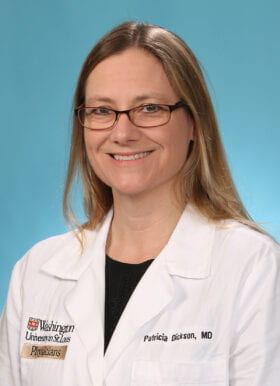
Patricia Dickson, MD
Professor of Pediatrics, Division Chief – Division of Genetics and Genomic Medicine
Centennial Professor of Genetics, Centennial Professor of Pediatrics
Clinical profile: physicians.wustl.edu/people/patricia-dickson-md
Research profile: profiles.wustl.edu/en/persons/patricia-dickson
Lab: pediatricgeneticsgenomics.wustl.edu/items/dickson-lab
Patricia Dickson, MD, is the Centennial Professor of Pediatrics at Washington University School of Medicine. She also is professor of genetics and chief of the Division of Genetics and Genomic Medicine in the Department of Pediatrics. Her research focuses on pathogenesis and novel therapy development for central nervous system disease due to the genetic disease, mucopolysaccharidosis. She has been successful in bringing some of these therapies to clinical trials. To date, Dickson’s work has led to 80 publications and has been cited nearly 2,000 times. Her honors include the National Institutes of Health National Research Service Award Fellowship and the Richard B. Weitzman Memorial Award for Meritorious Research. She was elected to the American Society for Clinical Investigation. She is a diplomate of the American Board of Pediatrics and the American Board of Medical Genetics and Genomics.
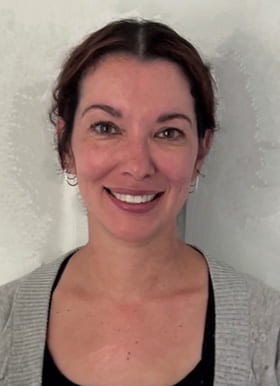
Michelle Oliva, MSN, RN
Nurse Navigator
Michelle Oliva is the Rare Disease Nurse Navigator for the Division of Genetics & Genomic Medicine at Department of Pediatrics, where she supports Washington University and Barnes Jewish Hospitals NORD CoE designation. She serves as a member of the NORD Diversity, Equity, and Inclusion working group. She leverages her expertise in rare guidance care and problem-solving abilities to offer help and hope for families. As a nurse navigator, she advocates for patients and participates in NORD meetings with an aim to incorporate NORD CoE initiatives. She has established relationships that work closely with local, state and national organizations focused on collaboration, education and advocacy for rare disorders. She participated as a CoE panelist at the NORD Summit and Missouri Cures in October 2024. Michelle has been a pediatric nurse since 2001 with previous positions in clinic management and clinical coordination with a specialty in epilepsy management of the ketogenic diet and inpatient care. She was formerly a certified pediatric nurse for over ten years and a member of the American Association of Neuroscience Nurses.
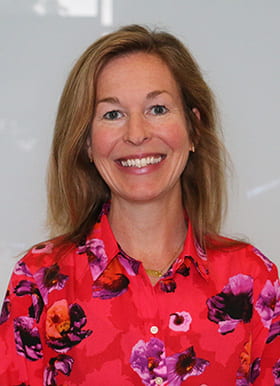
Kathleen Sisco, MSN, RN, cPNP
Nurse Practitioner, Pediatric Genetics
Clinical profile: physicians.wustl.edu/people/kathleen-sisco-rn-cpnp
Kathleen Sisco is a Pediatric Nurse Practitioner in the Division of Genetics and Genomic Medicine. Along with her clinical practice, she is also the site coordinator for the Undiagnosed Diseases Network at Washington University. Sisco has over 20 years of experience working with children and families. She has a background in primary care and child psychiatry, and is an expert in the areas of developmental delay and metabolic disorders.
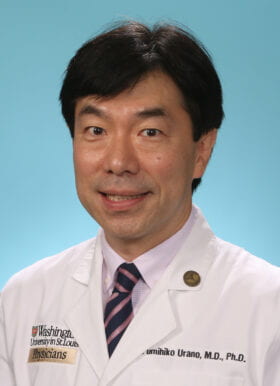
Fumihiko Urano, MD, PhD
Professor of Medicine
Professor of Pathology and Immunology
Samuel E Schechter Professor of Medicine
Clinical profile: physicians.wustl.edu/people/fumihiko-urano-md-phd
Research profile: profiles.wustl.edu/en/persons/fumihiko-urano
Lab: wolframsyndrome.wustl.edu/urano-lab/
Fumihiko “Fumi” Urano, MD, Ph.D., is a physician and medical researcher specializing in Wolfram syndrome, characterized by juvenile-onset diabetes, vision loss, and brain system disruption. Urano is a Professor of Medicine and Pathology & Immunology, an attending physician, and currently holds Samuel E. Schechter Endowed Professorship in Medicine at Washington University School of Medicine. Urano is a driving force in the study of Wolfram syndrome and Wolfram-spectrum disorders. As the Director of the Wolfram Syndrome International Registry and Clinical Study and WFS1 Clinic at Washington University Medical Center, He has been leading the clinical, translational, and interventional studies of Wolfram syndrome and Wolfram-spectrum disorder. His collaboration with colleagues at the medical center and around the world has allowed him to develop cutting-edge treatments for this disease, including gene therapy and regenerative therapy. He was elected to the American Society for Clinical Investigation. He is a diplomate of the American Board of Medical Genetics and Genomics and a member of the NORD multisite research working group.
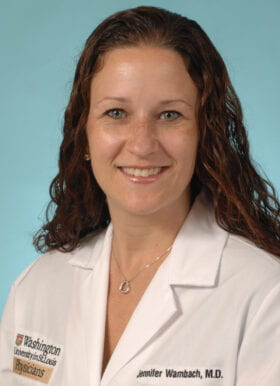
Jennifer A. Wambach, MD, MS
Associate Professor of Pediatrics, Newborn Medicine
Clinical profile: physicians.wustl.edu/people/jennifer-a-wambach-md-ms
Research profile: profiles.wustl.edu/en/persons/jennifer-wambach
Lab: wambachcolelab.wustl.edu
Jennifer Wambach, MD is a clinically active neonatologist and has a longstanding interest in understanding the genetic causes of birth defects and extreme phenotypes in infants and children. Her research goals are (1) to use genomic sequencing technologies to identify the etiologies of birth defects and extreme phenotypes among infants and children and (2) to use functional studies to determine the disease mechanisms underlying these rare diseases. Specifically, this research laboratory focuses on the identification and functional characterization in cell-based systems for genetic disorders of surfactant metabolism which cause severe neonatal respiratory failure in term infants and childhood interstitial lung disease (chILD) in infants and children.
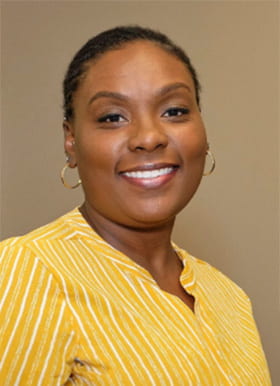
Sharice D. Yates
Administrative Professional
Sharice Yates is the direct Administration Professional to Patricia Dickson, director of the Division of Genetics and Genomic Medicine, Centennial Professor of Genetics, Centennial Professor of Pediatrics, and brings more than 10 years of administrative experience to the division with expertise in supporting C-Suite executives and department leadership.
As an administrative professional, she serves on many organizing committees that focus on genetic diseases, pharmacological therapies and division outreach.